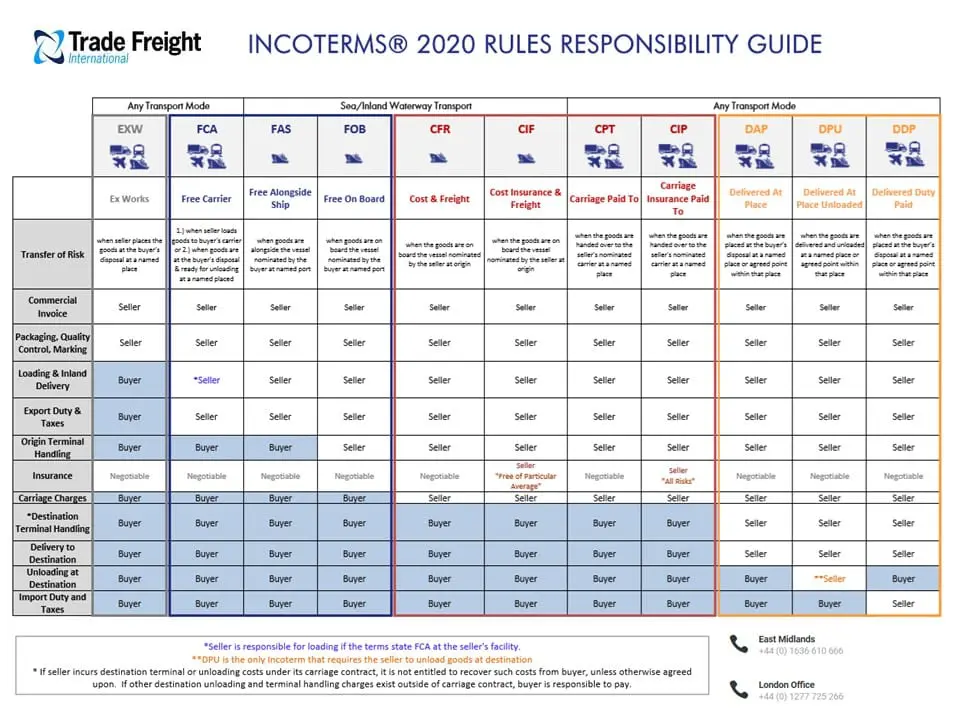The global lockdowns may have saved lives, but there can be little doubt that this has come at the expense of livelihoods. There is nothing can be done to change the past, so it makes sense to focus on finding a path into the future. This needs to balance keeping people safe from at least the worst effects of the Coronavirus with making sure that people can earn a living and that any recession is as short as possible.
The probability of recession
There are various definitions of recession, but the one generally used in the UK is “negative economic growth for two consecutive quarters”. Given that the world started going into lockdown in Q1 2020 and is only now starting to loosen restrictions, it seems safe to assume that a global recession is close to inevitable. The only question is how much it will hurt. The answer to this question will probably depend largely on how easy it is to find a path out of it.
Getting the world moving again
One of the major challenges facing businesses is that national lockdown schedules impact global commerce. The most obvious instances of this are the lockdowns in China and the U.S.A. China has long been the manufacturing hub of the world). The U.S. is, of course, the world’s biggest economy and home to many service industries, especially in the FIRE, technology and other knowledge-based sectors.
Slowdowns in either of these countries tend to have global implications. This is for two main reasons. Firstly, they both have a lot of client/supplier relationships with other countries. Secondly, they are both key parts of the international cargo system. This means that when they are disrupted, there can be disruption to cargo in other parts of the world.
Arguably the most obvious example of this is the issues which have troubled sea freight since early this year. Sea freight is reliable but slow and hence needs a fairly long time to adapt to change. Since the start of 2020, however, it has had to try to come to terms with widespread and somewhat unpredictable disruption. First of all, China shut down, while Europe and the U.S. were still active. Now China is largely active while Europe and the U.S. are only starting to ease themselves out of lockdown and India is still very much in lockdown.
It is therefore hardly surprising that the sea freight industry is working desperately to regain its balance. If it can do so, then companies around the world can at least rest assured that they have a reliable and low-cost way to import and export goods. If it cannot, however, then the road haulage industry will have to fill in.
This raises two issues. Firstly, the road haulage industry is set up to supplement the sea freight industry not really as a direct alternative to it. Secondly, the road haulage industry is already overburdened. If it is to step up its operations to compensate for a lack of sea freight, then it will need more staff, particularly more drivers. These take time and money to train and people may be reluctant to make the commitment required if they feel that the benefit will only be short-term, i.e. until the sea-freight industry is back working again.
Getting people spending again
Businesses only survive if they can persuade people to spend money on their goods and/or services. People can only spend money on goods and/or services if they have money to spend. This means that governments around the world will need to think very carefully about how far they can raise taxes to cover the vast quantities of money which have already been spent combating the Coronavirus. While they might be eager to wipe off the debt, if they move too quickly, they could hinder their economic recovery and prolong a global recession.



Recent Comments